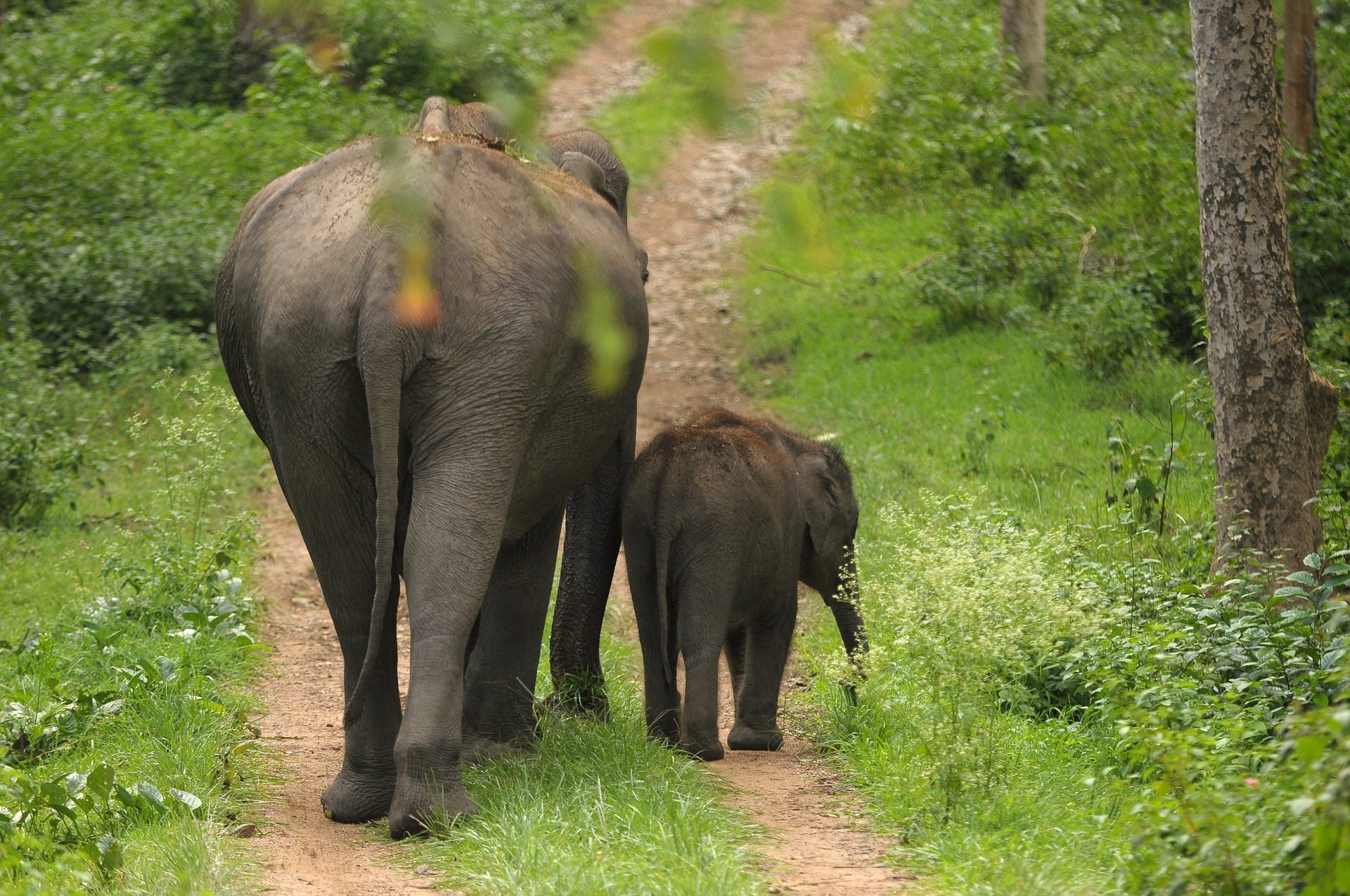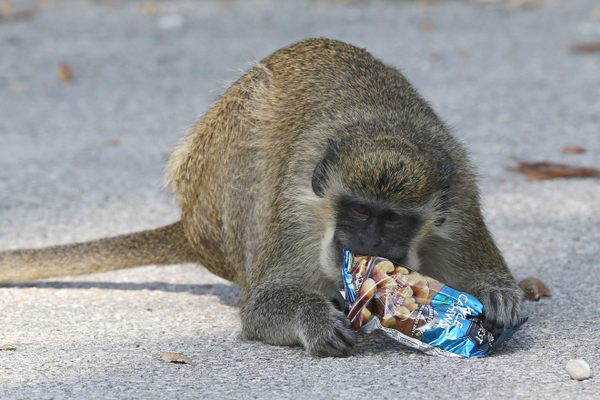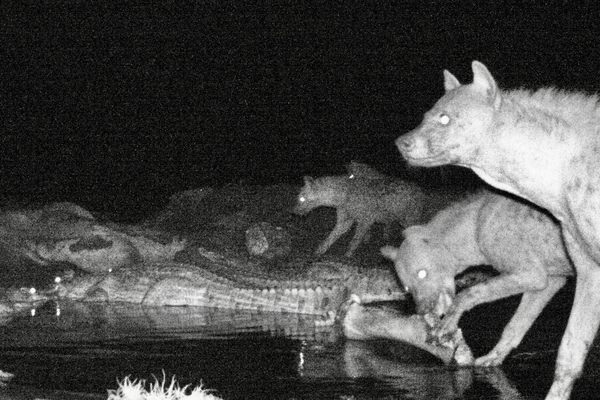When Under Threat From Poaching, Elephants Change Their Travel Habits
An amazing adaptation with a sad cause.

Elephants never forget, we learned as children. Now, in less innocent times, we learn that they also have an uncanny ability to know when their lives are in danger. New research from the University of Twente in the Netherlands, Save the Elephants, and the Kenya Wildlife Service has found that these giants change their behavior when there is a high threat of poaching. At night, they spend less time sleeping and more time foraging and traveling than they normally would.
A famous example is Morgan, a Kenyan bull elephant who made a long march from his home last year. Researchers tracked his journey with a GPS collar, and the world watched as he briefly crossed into war-torn Somalia—once home to thousands of elephants. It’s not known why Morgan made this 130-mile journey, though it’s thought he may have been searching for a mate. Seemingly guided by some internal compass, he moved only when the sun was down. During the day, he studiously concealed himself. And he survived the trip.
For this new study, researchers tracked some 60 elephants between 2002 and 2009, when poaching levels were more moderate, and 2010 and 2012, when demand for illegal ivory soared, sparking a poaching crisis. “The escalation of poaching has become the greatest immediate threat to the survival of elephants,” the study’s lead author, Festus Ihwagi, said in a statement. “As most poaching occurs during the daytime, their transition to nocturnal behavior appears to be a direct result of the prevailing poaching levels.”
As more and more elephants were killed, the survivors began to spend their nights journeying and their days hidden in thick jungle, much like Morgan. This was especially true for female elephants, who have far more to lose than males. Many travel with a calf in tow, and they live in a tightly bonded family structure.
“This study shows the adaptability of Earth’s largest land mammal to adapt their behavior flexibly in order to stay safe,” Save the Elephants’ founder, Iain Douglas-Hamilton, said in the statement. “This alteration in movement behavior by elephants has implications for their foraging strategy, reproduction and survival, which are not yet fully understood.” It’s also not yet known how this striking new behavior can be used to help conservationists and wildlife managers protect the animals. At least, researchers suggest, it could constitute a kind of “early-warning system,” a way for elephants to communicate to us a threat that we don’t see and feel as they do.





















Follow us on Twitter to get the latest on the world's hidden wonders.
Like us on Facebook to get the latest on the world's hidden wonders.
Follow us on Twitter Like us on Facebook